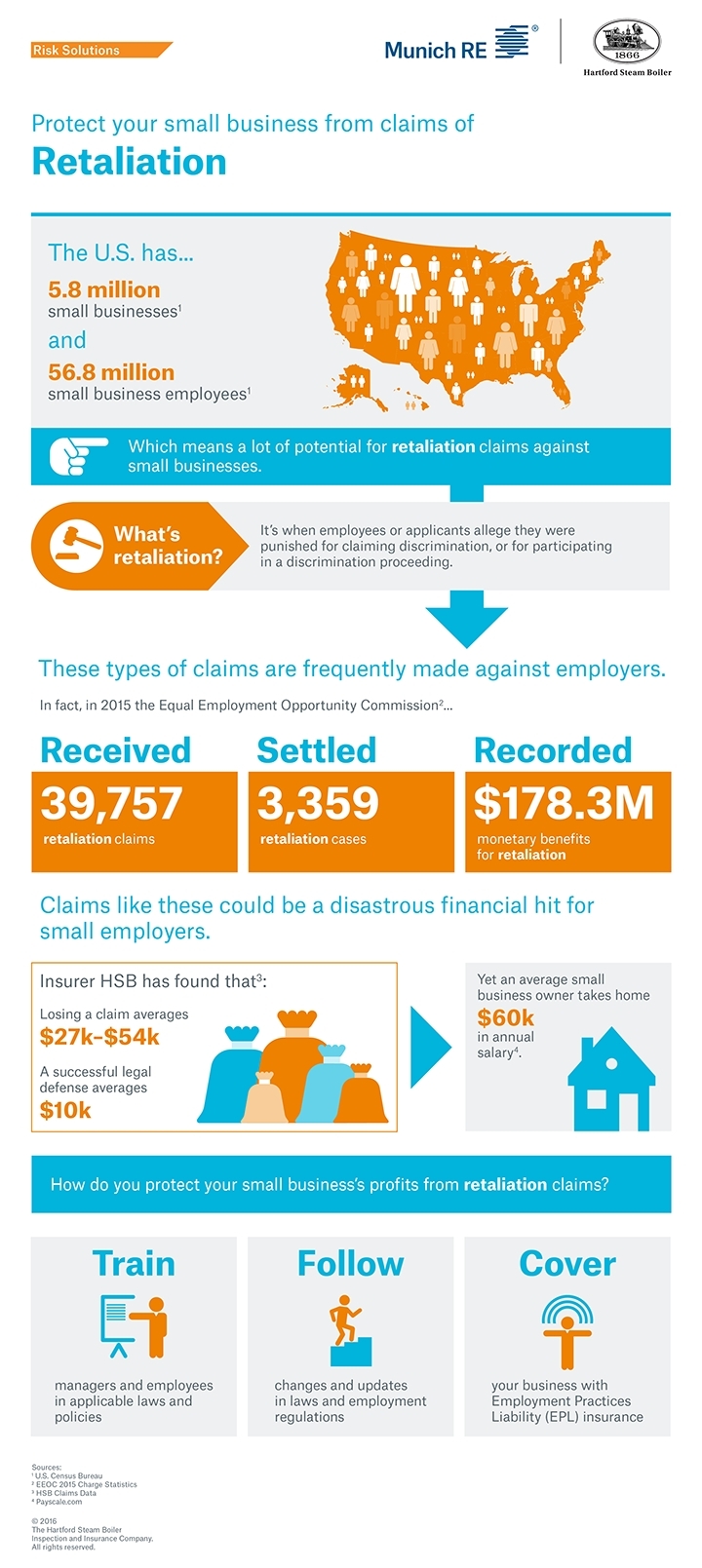Five Legal Tips for Startups
 When done properly, launching a startup can be an exciting and fulfilling endeavor. When done improperly, it can be a nightmare. Unfortunately, in an effort to get the business off the ground, many new founders overlook the importance of legally protecting their business and themselves. Matthew Horn, Esq. is the President and Co-Founder of Legal Services offers these are five important legal tips for startups.
When done properly, launching a startup can be an exciting and fulfilling endeavor. When done improperly, it can be a nightmare. Unfortunately, in an effort to get the business off the ground, many new founders overlook the importance of legally protecting their business and themselves. Matthew Horn, Esq. is the President and Co-Founder of Legal Services offers these are five important legal tips for startups.
Tip 1: Incorporate the Company
Many founders overlook the need to incorporate their company. There are many benefits to incorporation, the most common which include:
1. Personal Asset Protection. Incorporation offers the founders personal asset protection, as it limits their personal liability with respect to business debts and legal obligations to those amounts that the founders have invested in the business.
2. Protecting Your Brand. In most states, a business cannot register or use the same trade name of another business. Therefore, incorporating protects your brand by preventing competitors from using that same name and/or brand. Additionally, adding “Inc.” or “LLC” to your business name can lend your business a sense of additional credibility when dealing with investors, suppliers, and customers.
3. Longevity. With a sole proprietorship, which is the default if incorporation is not pursued, once the owner dies, the company dissolves. Incorporating allows the company to continue existing even if ownership changes.
4. Taxes. Aside from personal asset protection, potential taxes savings are one of the key advantages to incorporating. You should consult with your accountant in determining which corporate structure is the most advantageous for your business, but generally, there are tax benefits realized when incorporating.
Tip 2: Get an Operating Agreement
As a startup, it is important to get an operating agreement in place before starting the business. An operating agreement is a written document that outlines the rights, responsibilities, and contributions of the business owners and describes generally how the business will be run. A properly drafted operating agreement negotiated upfront by the owners can save the owners from endless hassle, headache, and expense, and in some cases, can even save the company.
While every operating agreement is different, they should all identify: (1) the percentage of ownership afforded to each owner; (2) how profits and losses will be distributed; (3) who can bind the company; (4) how decisions are made on behalf of the company; (5) what happens upon the death, incompetence, or desire to leave by one of the owners; (6) what happens when an additional owner is added; and (7) how disputes will be resolved concerning the operation of the business.
Tip 3: Prepare Independent Contractor Agreements
In today’s world, many startups hire independent contractors to help start their business instead of employees. When doing so, it is important to distinguish between hiring someone as an employee or as an independent contractor. With employees, the company has to ensure that it is in compliance with a myriad of labor and employment law issues. In addition to initially creating more costs for the company, employees can also expose the company to liability if someone sues the company for an act performed by the employee in the course of his/her employment.
At the outset, hiring independent contractors is typically less expensive and less burdensome, as none of the issues discussed above apply. That said, when hiring independent contractors, it is important that the company uses them properly and defines the relationship in writing before the work starts. When preparing an independent contractor agreement, there are few key things that should be included:
1. “Work for hire”. In order to own the copyright to any work that an independent contractor does on the company’s behalf, the agreement must specific that it is “work for hire.” Doing this makes the company the “author” for copyright purposes, rather than the contractor. Excluding this from the agreement places the company at risk for not owning the work completed by the contractor.
2. Date of completion and payment terms.Being as detailed as possible in the agreement eliminates confusion as to the responsibilities of both parties. The agreement should be specific on deadlines for completed work, and should include a timeline and terms for when and how the contractor will be paid.
3. “Not an employee.”The agreement should explicitly state that the independent contractor is an independent contractor, not an employee. Related provisions should provide that the contractor must pay their own taxes, obtain their own insurance, and are free to work for others.
Tip 4: Register and Trademark the Company Name and Logo
A trademark is defined as a word, phrase, logo, or other graphic symbol used by a company to distinguish its product or service from those of others. A word does not have to be unique to receive a trademark. It simply must be identifiable for the purpose in which it is being trademarked. Once a trademark is registered, it prevents others copying the mark.
A trademark can be registered before it is actually being used, and it is beneficial to do this to: 1) prevent someone else from registering the trademark; 2) prevent the company from accidently infringing on another entity’s trademark; and 3) give yourself a stronger position in the event a trademark infringement issue arises.
Tip 5: Hire an Attorney
Finding and hiring a trusted attorney to help you navigate the tips outlined above and any other legal issues or headaches encountered along the way is a must. Like with most DIY projects, DIY legal work usually results in more trouble and expense than if an expert had just been hired in the first place. Fortunately, there are now resources available like Legal Services Linkwhich makes finding the perfect attorney extremely easy, allowing startups to post short summaries of their legal needs which interested attorneys then apply to satisfy.
Matthew Horn, Esq. is the President and Co-Founder of Legal Services Link, a leading online platform connecting those with legal needs with attorneys interested in satisfying those needs—at the click of a button.He holds a BS in Accounting from the University of Illinois, Urbana-Champaign, and a JD from The John Marshall Law School.




